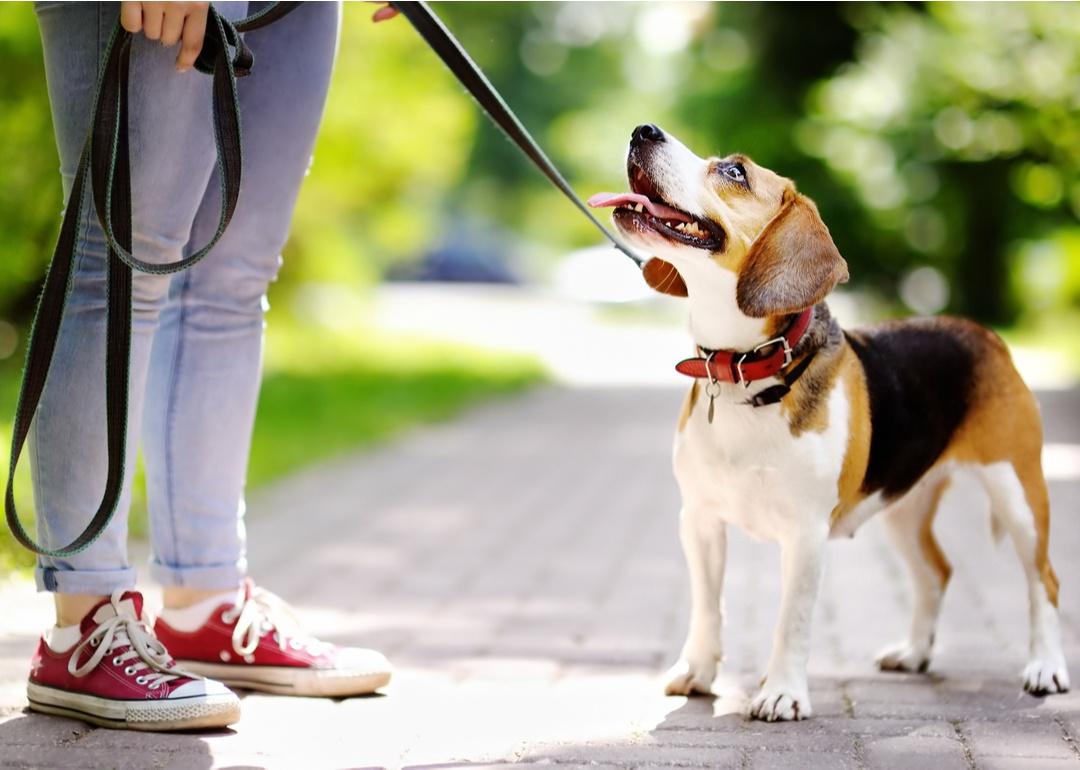
This story originally appeared on ManyPets and was produced and distributed in partnership with Stacker Studio.
Dog park best practices for new dog owners
Part of the responsibility of being a new dog owner is to teach your dog how to socialize. This can be a fun experience as you’re helping your pet make friends by giving them the chance to play with other dogs. One way to acquaint your pup with other dogs is to bring them to dog parks, which are spaces specifically designated for dogs. While there are rules to follow, this can be an excellent opportunity for your dog to play off-leash with other dogs and for you to meet other pet owners.
However, taking your pup to the dog park for the first time can be intimidating. Some parks have strict policies you must adhere to, and there’s also the chance you could come across an aggressive dog or a pet owner who has different boundaries for their dog than you. When going to a new dog park, you can never be too prepared.
ManyPets compiled a list of 10 of the best common practices for new dog owners bringing their pups to the dog park. Read on to learn how to keep your dog safe and still have fun.
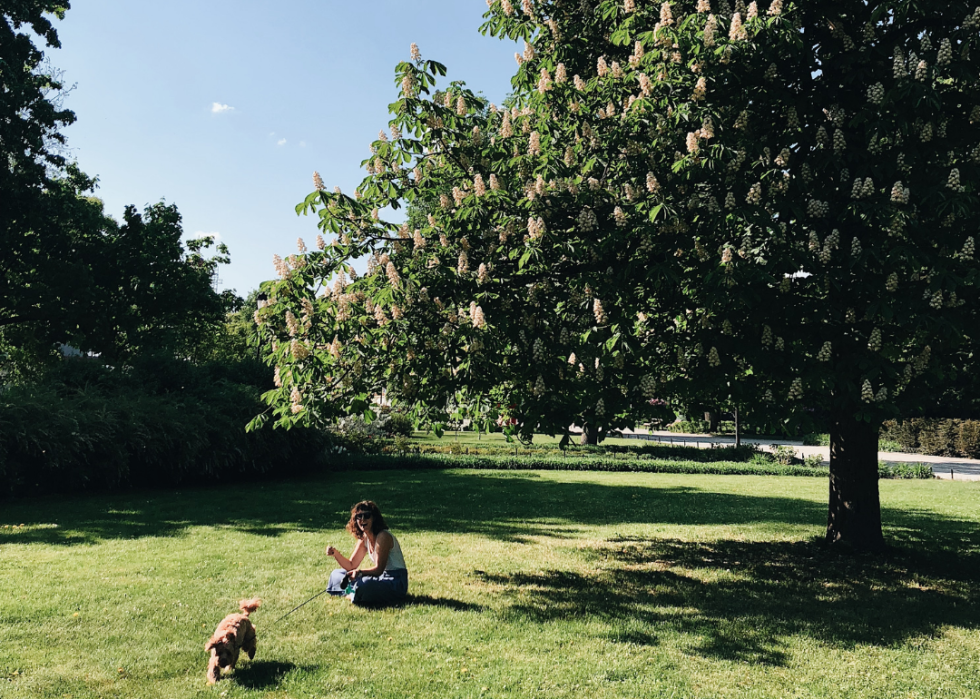
Learn the rules
Before visiting a dog park with your new pup, you’ll want to research the park’s rules. Each park is different, so you’ll want to be familiar with the rules as they apply to dogs and their human counterparts. For example, community dog parks run by the city of Denver do not allow anyone under the age of 10 years old into dog parks, and while it allows for dog snacks, no human food is allowed. By not following the rules of a dog park, you may be liable for any damage, accidents, or injuries. These rules can keep both you and your dog safe, so be sure to read the rules beforehand.
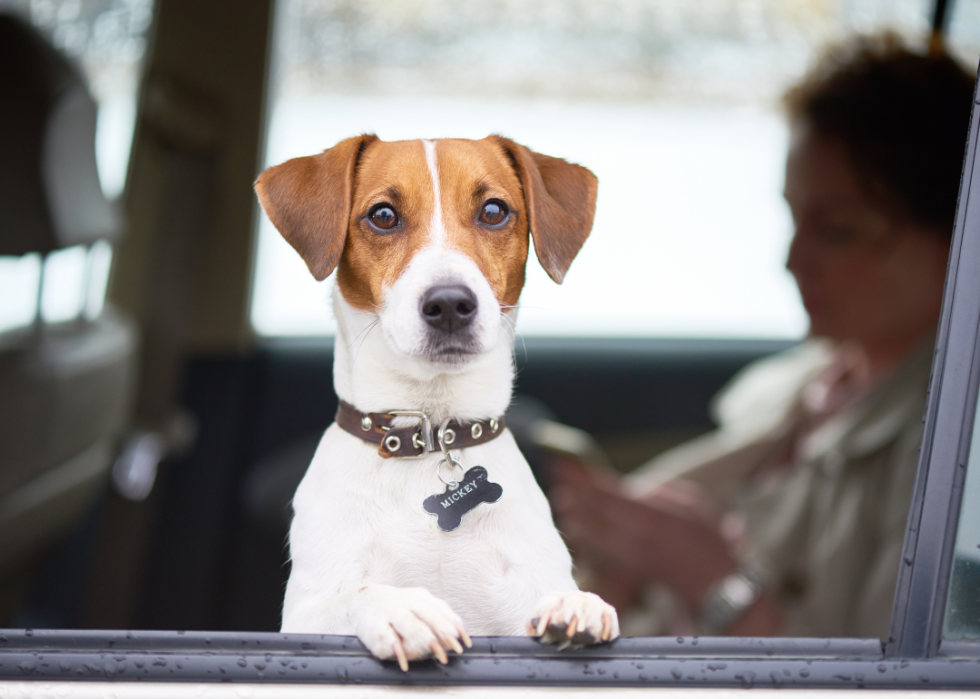
Research the requirements
Many dog parks require that your dog be spayed or neutered as well as be updated on all their vaccines. If a dog park does not require that your dog be spayed or neutered, like the dog parks in the city of Atlanta, staff may require you not to bring your female dog around if she’s in heat. Some dog parks may also require that your dog be microchipped or have a collar. It’s especially important for your pup to be up to date on all their vaccinations as well. If worst comes to worst and your pet is bitten by another dog or another animal, this could put your dog’s health at risk.
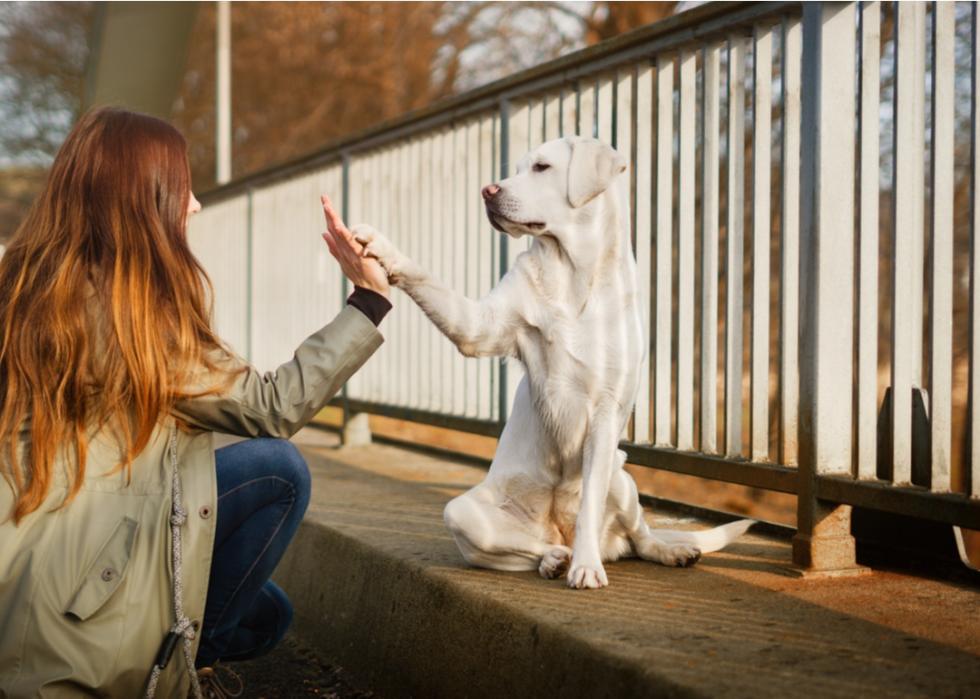
Make sure your dog is trained
When you’re at the dog park, it’s important that you and your pet have an established relationship. Your dog should be familiar with commands such as “come” and “stay” before venturing to the dog park, according to the Connecticut Humane Society. This is in case you need to reel your pet in, whether it’s because they’ve gotten too far away from you, become uncomfortable with another pet or human, or another dog or person becomes uncomfortable with them. With so many dogs and humans at the dog park, you never know what kind of predicaments may arise. By making sure your pup is trained, you can help keep your pet, as well as other pets and people, safe at the dog park. You can also remove your dog from an uncomfortable situation—quickly—if need be.
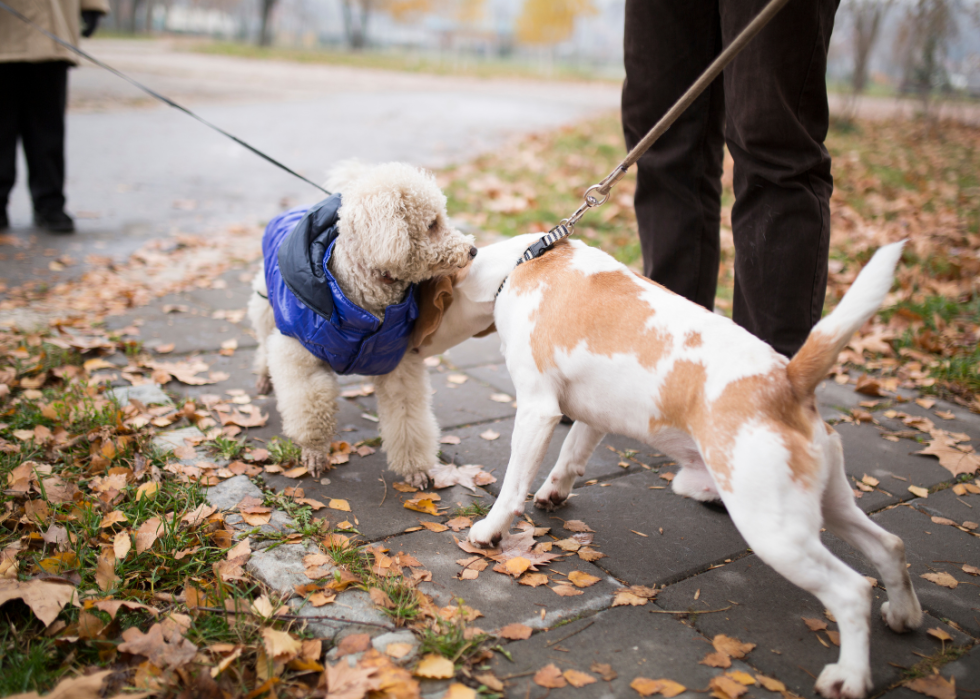
Respect the other owners and dogs
When showing up at a dog park for the first time, you never know who you may run into. Every pet parent and dog has their own set of boundaries and things they aren’t comfortable with. For example, while you may feel comfortable letting your dog play with another dog at the dog park, that doesn’t mean that dog’s owner or even that dog will be comfortable with it. If another dog owner asks for some space or another pup seems uncomfortable with your dog, do your best to respect their wishes. Maintaining peace at a dog park is one of the best ways to ensure you and your pet have a good time.
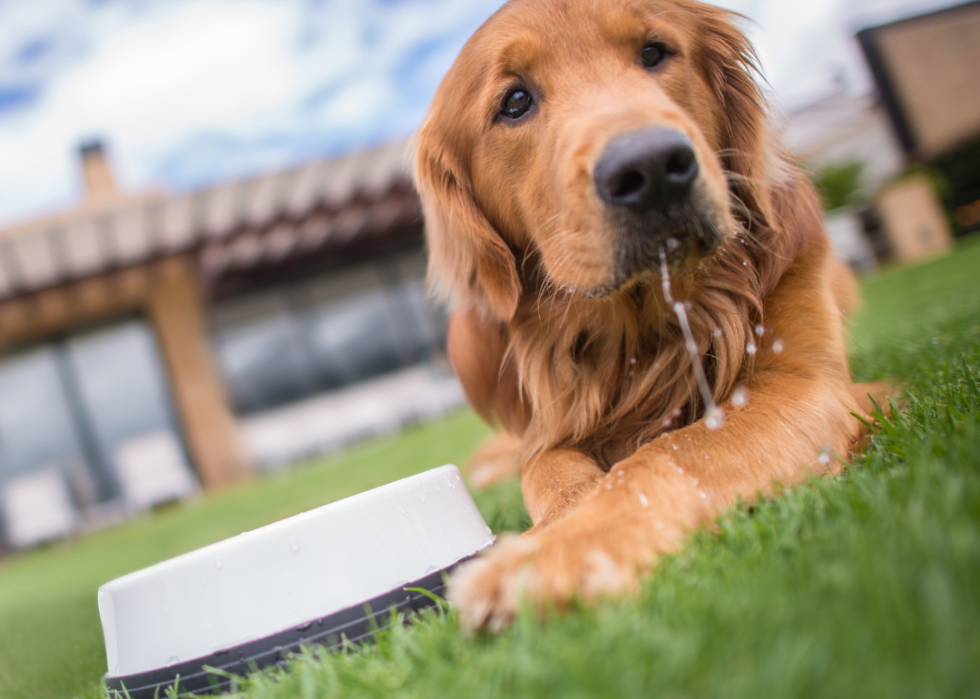
Come prepared with treats and water
Keeping your dog fed and hydrated at the dog park is important to your pet’s health. Hydration is particularly important during the hot summer months when your dog may spend more time outside. However, there is such a thing as giving your dog too much water at once, according to senior research nutritionist and veterinarian Arleigh Reynolds: “For a 45- to 55-pound dog, don’t let them drink more than four to eight ounces of water at a time.” Having treats on hand at the dog park may also be a great way to use positive reinforcement when your pup follows a command, though be sure not to give out treats to other people’s dogs.
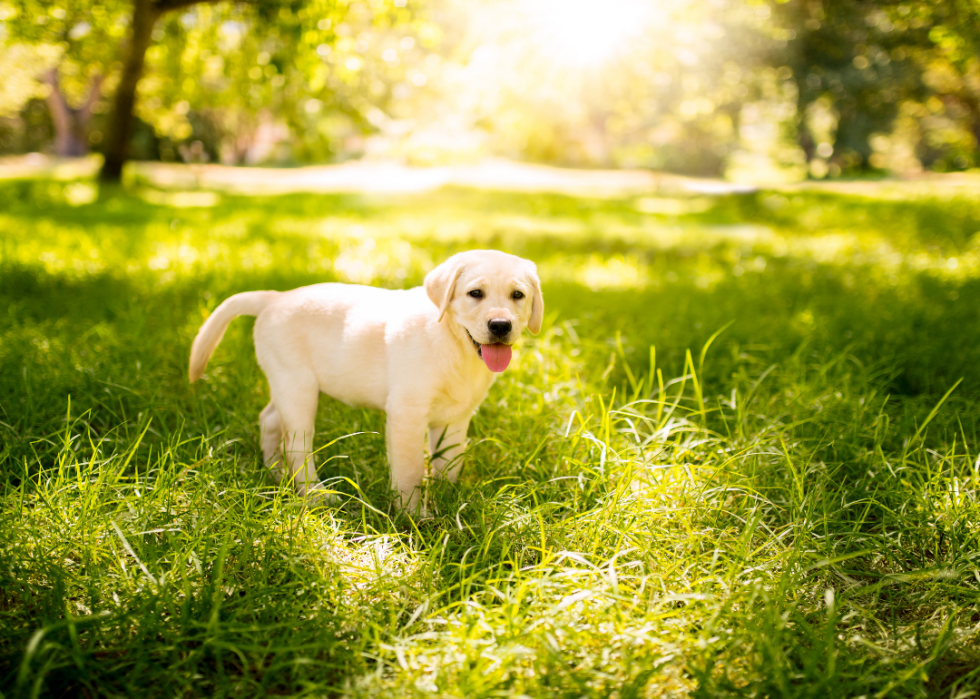
Make sure your dog is age-appropriate
Many parks prohibit bringing puppies to the dog park, and for good reason. New puppies typically aren’t fully vaccinated. According to the American Kennel Club, puppies typically get their shots throughout their first 12 months of life. If you take an unvaccinated puppy to a dog park, you run the risk of not only getting them sick but other dogs as well. Instead, it’s best to wait until your pup is fully vaccinated.
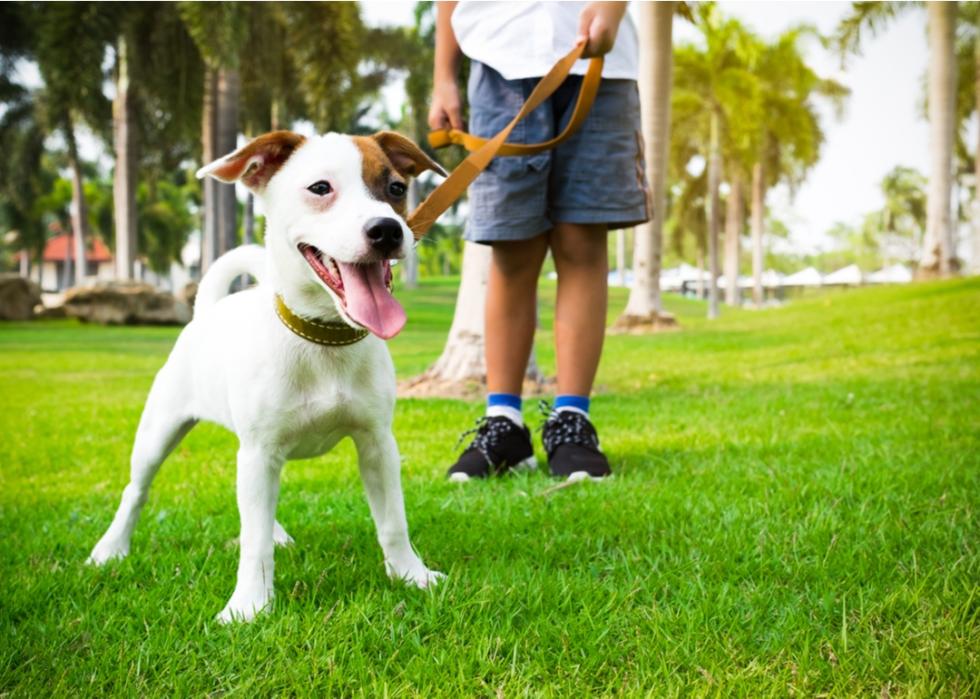
Study your dog’s personality
Just as all humans are different, so are dogs. Not every dog is going to have a good time at the dog park. In fact, bringing your dog to a park to socialize with other dogs can be a big stressor if your dog isn’t comfortable around other dogs or feels easily threatened. Before taking your dog to the park and letting them off leash to see how they do, start by exposing your dog to socialization in small ways such as taking them on walks while leashed or meeting a friend and their dog at the park. This way, you can test your dog’s comfort level and socialization skills with other pups.

Be on alert
While at the dog park, it’s in your dog’s best interest for you to pay attention at all times. Don’t get distracted by your phone or by talking to other people. You should be fully aware of where your dog is and what they are doing. This way, you can detect if your pet is getting into an altercation with another dog or ingesting something dangerous. Keeping an eye on your pup while at the park could easily make the difference between your dog having the time of their life or getting into trouble.
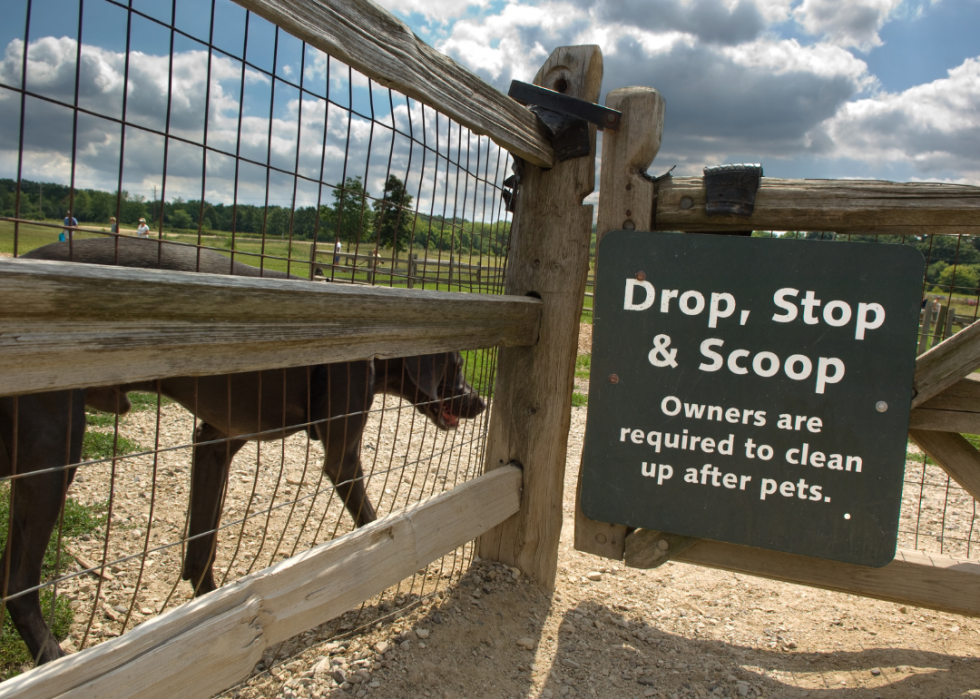
Pick up your pup’s waste
Picking up after your dog is not only required at many dog parks, but it’s also hygienic. Leaving out dog poop for other pups to step on or sniff can expose pups to a whole host of diseases. Those dangers include bacteria and parasites. Dog excrement can also make people sick if they’re exposed to it. Be mindful of others and take care of public spaces such as dog parks to help hinder the spread of pathogens among our beloved pets.
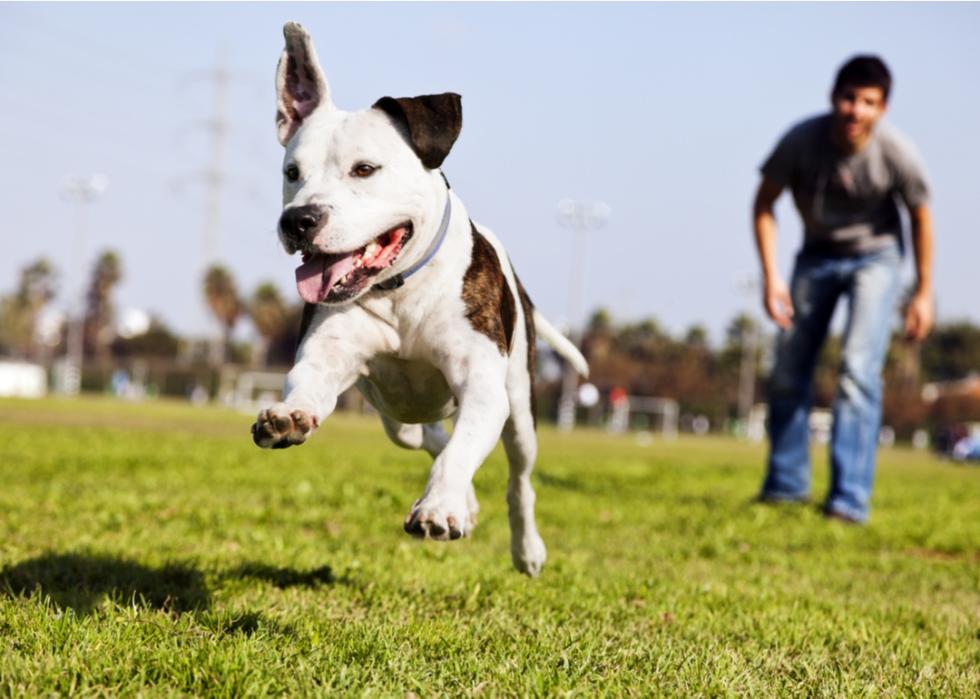
Leave the leash off
While some dog parks may make it optional or mandatory to leash your dog, many dog parks allow your dogs to be off-leash. This will allow your dog to romp and play throughout the park and with other dogs. Keeping your dog off-leash at the dog park may help your pup to socialize better. Seeing other dogs out of their leashes while they’re stuck on a leash may also inspire jealousy in your dog, so it may be best to let your dog loose for a bit. However, it’s best to keep your leash close by in case you and your pup need to leave in a hurry or you need to restrain your dog.



